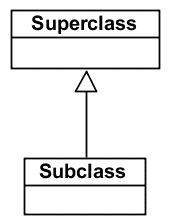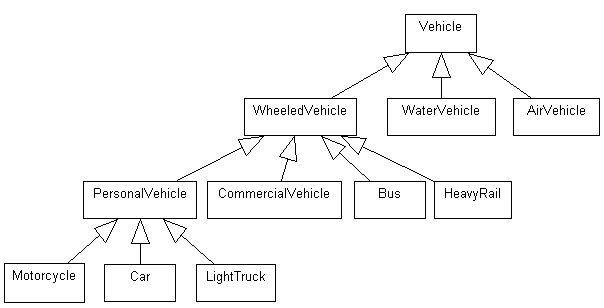

|
An Introduction to Specialization/Generalization and Inheritance
With Examples in Java |
|
Prof. David Bernstein
|
| Computer Science Department |
| bernstdh@jmu.edu |







